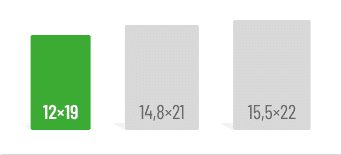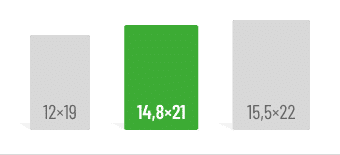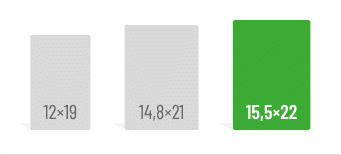First things first:
- Literature management programs are often available for free during your studies.
- Literature management programs are worth it in the long run. They help reduce your workload significantly.
Especially for longer academic papers, extensive bibliographies tend to accumulate. At some point, it becomes challenging to keep track of the sources used, cite them consistently, and compile a complete bibliography. Fortunately, there’s a solution: with programs like Citavi, EndNote, or Zotero, you can automate your literature management and save yourself a lot of work in the long run!
What is a Literature Management Program?
With a literature management program, you can record and organize information about academic literature. This allows you to create your own database of relevant research literature for a specific topic. But good literature management programs can do more than just help you stay organized. They enable you to fully manage the literature for your academic texts: systematize sources, organize quotes, generate citations in your preferred style, and automatically create bibliographies. Learn how to cite sources correctly in our article: The Pinnacle of Academic Integrity: Proper Citation.
Most programs include interfaces for popular word processing software, allowing you to insert correct citations directly in Word and similar tools. Additionally, many are connected to extensive databases, enabling you to search for literature and import details about relevant works directly into your personal database. Some programs even offer tools for project management or collaborative work.
You might also be interested in these articles:
What Literature Management Programs are available?
By now, there is a wide range of programs and solutions for managing literature. Here, we present the top 5 literature management programs.
Citavi
One of the most well-known literature management programs is Citavi. Many universities have partnerships with Citavi, allowing their students to use the program for free. Additionally, it’s often possible to import bibliographic information directly from the university library catalog into your personal database.
In addition to simply collecting bibliographic information, Citavi allows you to organize these entries by custom categories and keywords, as well as annotate and analyze them. Through an interface with word processing programs like Microsoft Word, you can insert references in your desired citation style directly into your text. Furthermore, Citavi offers the option to collaborate with classmates or colleagues on a shared database, which can be stored in the Citavi Cloud.
Endnote
EndNote is also a very popular program, especially in scientific and medical disciplines. Similar to Citavi, many university libraries offer campus licenses and simplified importing of bibliographic information for EndNote.
EndNote is connected to a large research database that facilitates searching for and accessing full-text online articles. You can also read and analyze PDF files directly within the program. Like Citavi, EndNote offers interfaces for popular word processing programs as well as the option to collaborate with a team.
Zotero
A major advantage of Zotero is that it is open-source, completely free for everyone, and very user-friendly. This makes it a great option even for smaller academic projects. Zotero focuses on collecting, organizing, and citing literature.
Zotero is available not only as a desktop version but also as a web-based platform, allowing you to use it across different devices. Working in groups is also possible with Zotero.
Mendeley
Mendeley emphasizes collaboration and group work. It offers extensive features to facilitate and enhance teamwork. Additionally, Mendeley is free to use up to a certain limit.
The program is available as both a desktop and web version, along with a Reference Manager. The range of features varies depending on the version you use.
JabRef
JabRef is also free and open-source, with no limits on the number of entries you can store. It works flawlessly even with a large number of entries and offers various features for sorting and organizing bibliographic information.
JabRef is compatible with all operating systems but uses the BibTeX format. This makes it particularly well-suited for integration with the typesetting program LaTeX.
Did you know? Microsoft Word also offers some literature management features.
In newer versions of Microsoft Word, you can find the “Manage Sources” option under the “References” tab (within the “Citations & Bibliography” section). Here, you can create entries for your sources and automatically generate in-text citations as well as a bibliography. Several common citation styles are available. For those with no specific citation style requirements and a manageable number of research sources, this provides a convenient way to combine word processing and literature management in a single program.
How do I choose a Literature Management Program?
To choose a literature management program, you should first consider which features are most important to you. Which operating system or word processor do you work with? Want to access your database from multiple devices? Do you work a lot in a team? The answers to these questions will help you decide on the right program.
When and why does using a Literature Management Program make sense?
No matter which program you choose, there will be an initial learning curve, and the program will also require regular maintenance. Especially in the beginning, using a literature management program may involve more effort than managing your references manually. However, if you plan to work in a specific research area for a long time or are preparing for a major thesis, this effort pays off in the long run. Literature management programs help you stay organized and make writing academically correct papers much easier with their wide range of features.
Here you can find more help with academic writing:
Do you like our magazine? Then sign up for our GRIN newsletter now!










